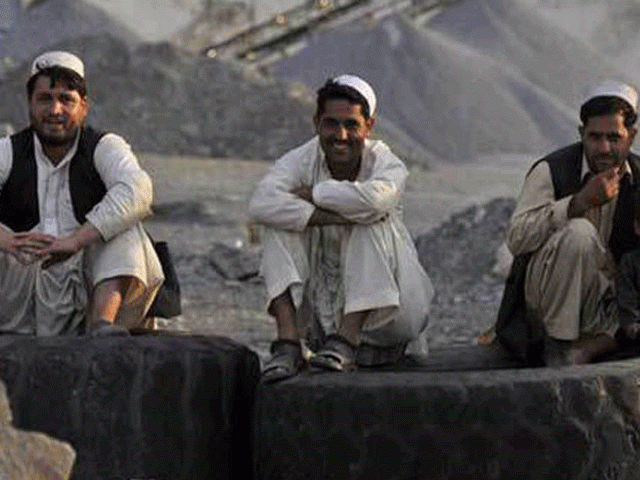K-P needs funds to implement reforms, say experts
Experts call for greater representation of people from the region in planning committees

Experts call for greater representation of people from the region in planning committees. PHOTO: FILE
This was the main focus of discussion among policy experts gathered at a roundtable at the Jinnah Institute on Monday on ‘Mapping the Future of FATA: Reforms and Reconstruction’.
Policy experts pointed out that Fata had been devoid of democratic entitlements and public service delivery infrastructure for far too long – and the cost now comes due.
Khalid Aziz, a former chief secretary of Khyber-Pakhtunkhwa and now a senior advisor to the Fata Reforms Committee, reflected on the history of the frontier region.
He noted that locals of the region were mostly left to their own devices, referred to by many as ‘shared sovereignty’ during colonial times.
When Fata became a responsibility of the federal government, Islamabad did not provide it with resources, infrastructure or finances which were due as a provincial right.
Providing an update on the government’s reform committee process and salient features of the approved recommendations, Aziz noted that Fata would require substantial funds from the federal divisible pool.
Defence analyst Lt. Gen. Talat Masood highlighted the major weaknesses of the tribal areas including education, health and infrastructure. Moreover, he lamented that Fata’s residents had been excluded from the mainstream democracy and are not granted economic or security-related provisions and would thus require large signification financial resources to develop the area.
Saifullah Mehsud from the Fata Research Centre suggested that the provincial governments must also agree to grant a portion of their financial allocations to tribal areas, which would be a difficult task to achieve.
But that alone may not be enough, suggested Aziz. He was of the view that the National Financial Commission would have to boost the provincial allocation for Fata by at least three per cent to make up for the historical neglect.
As Fata reforms continue to face resistance from various political groups, some of the participants felt that the government had failed to give due representation to people from Fata in the committee or the provincial sub-committees.
To ensure that FATA reforms are implemented, they suggested that it was necessary to ensure that the rights of the region’s inhabitants are secured in the event of any future merger.
Despite the establishment of a Fata Reforms Committee, they said that there was yet to be any discussion regarding the political inclusion of Fata in the upcoming general elections in 2018.
Further, the government-appointed committee does not include any residents from tribal areas.
Published in The Express Tribune, April 18th, 2017.













COMMENTS
Comments are moderated and generally will be posted if they are on-topic and not abusive.
For more information, please see our Comments FAQ